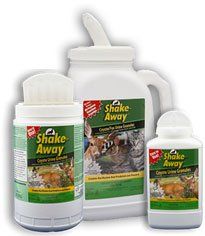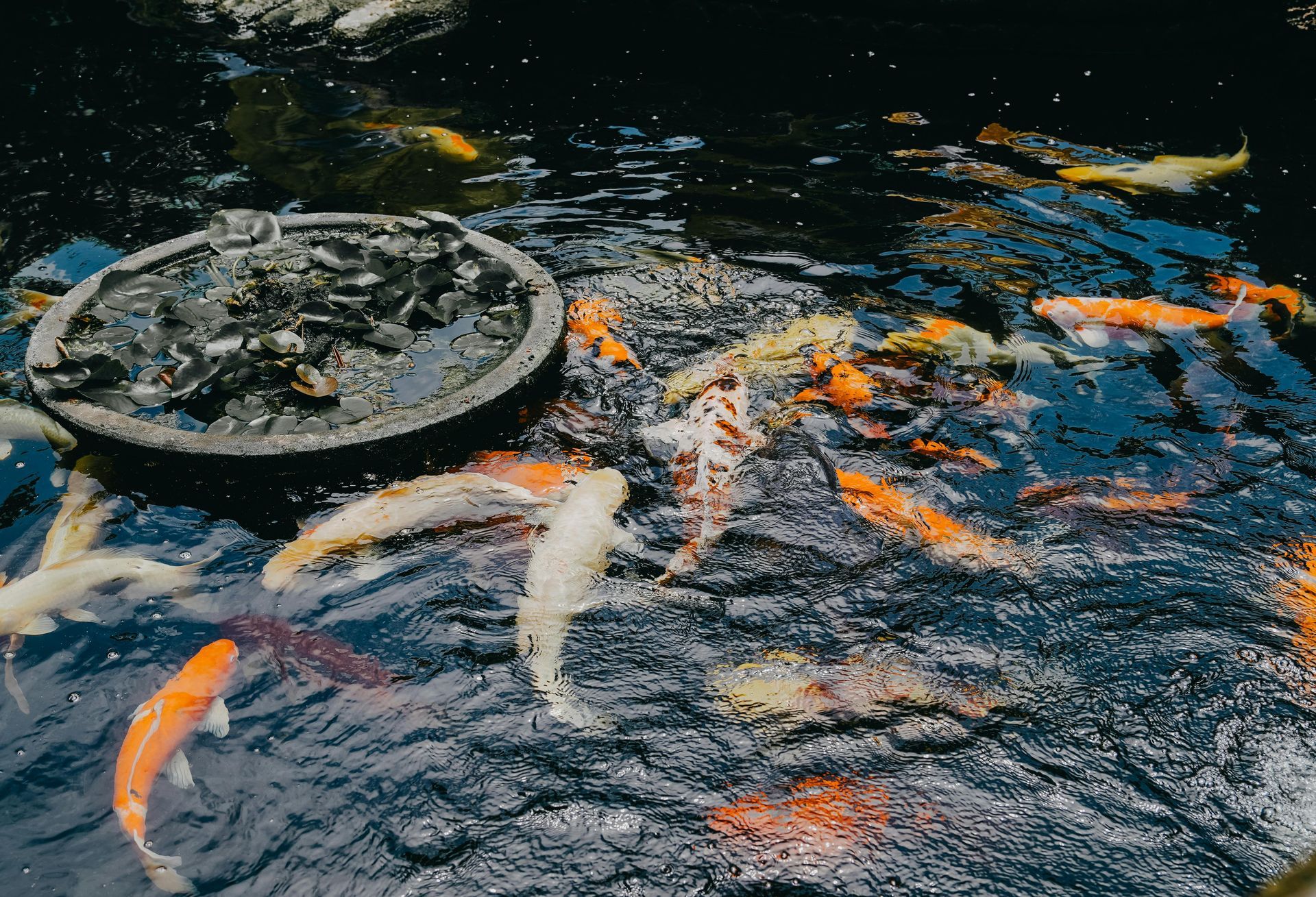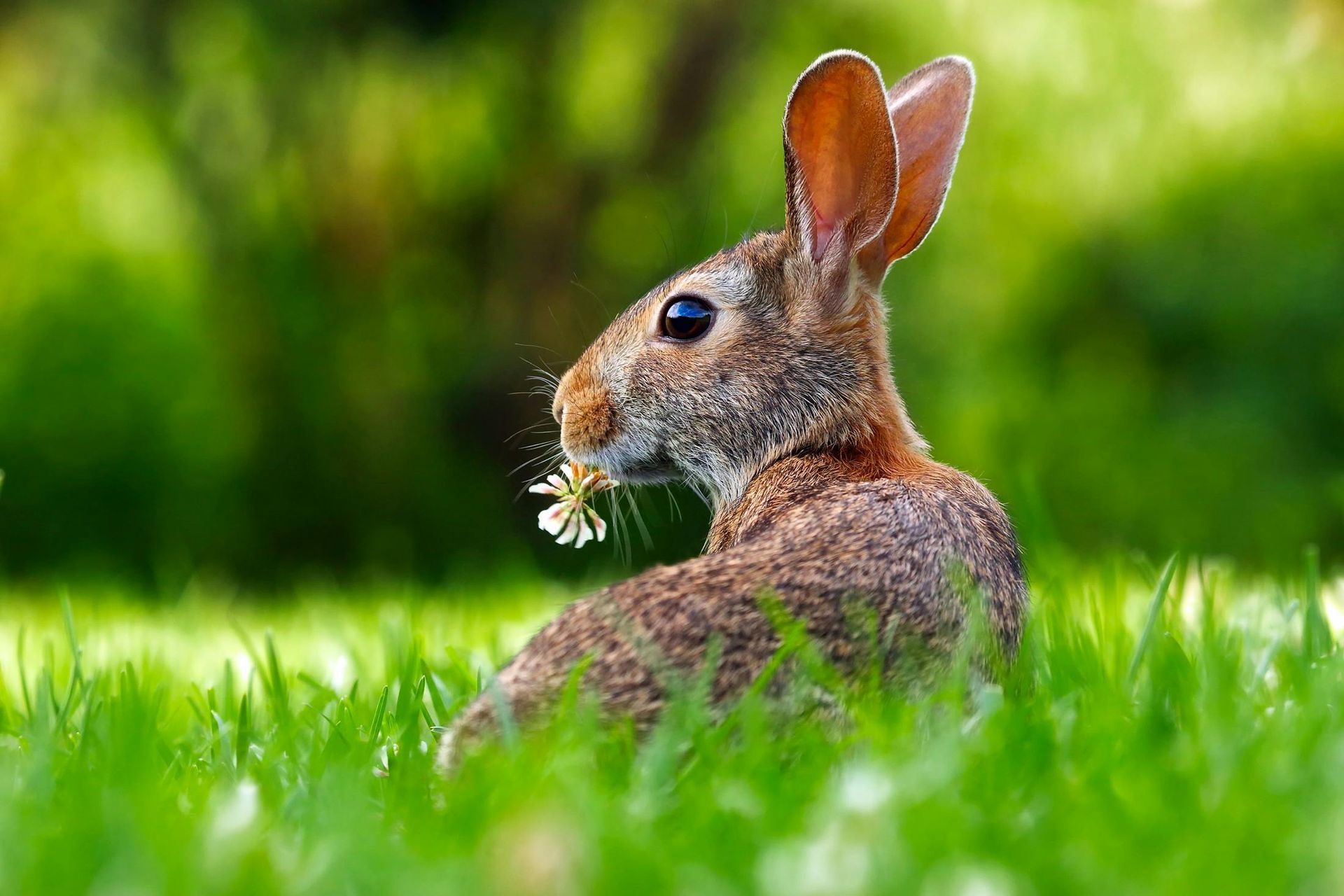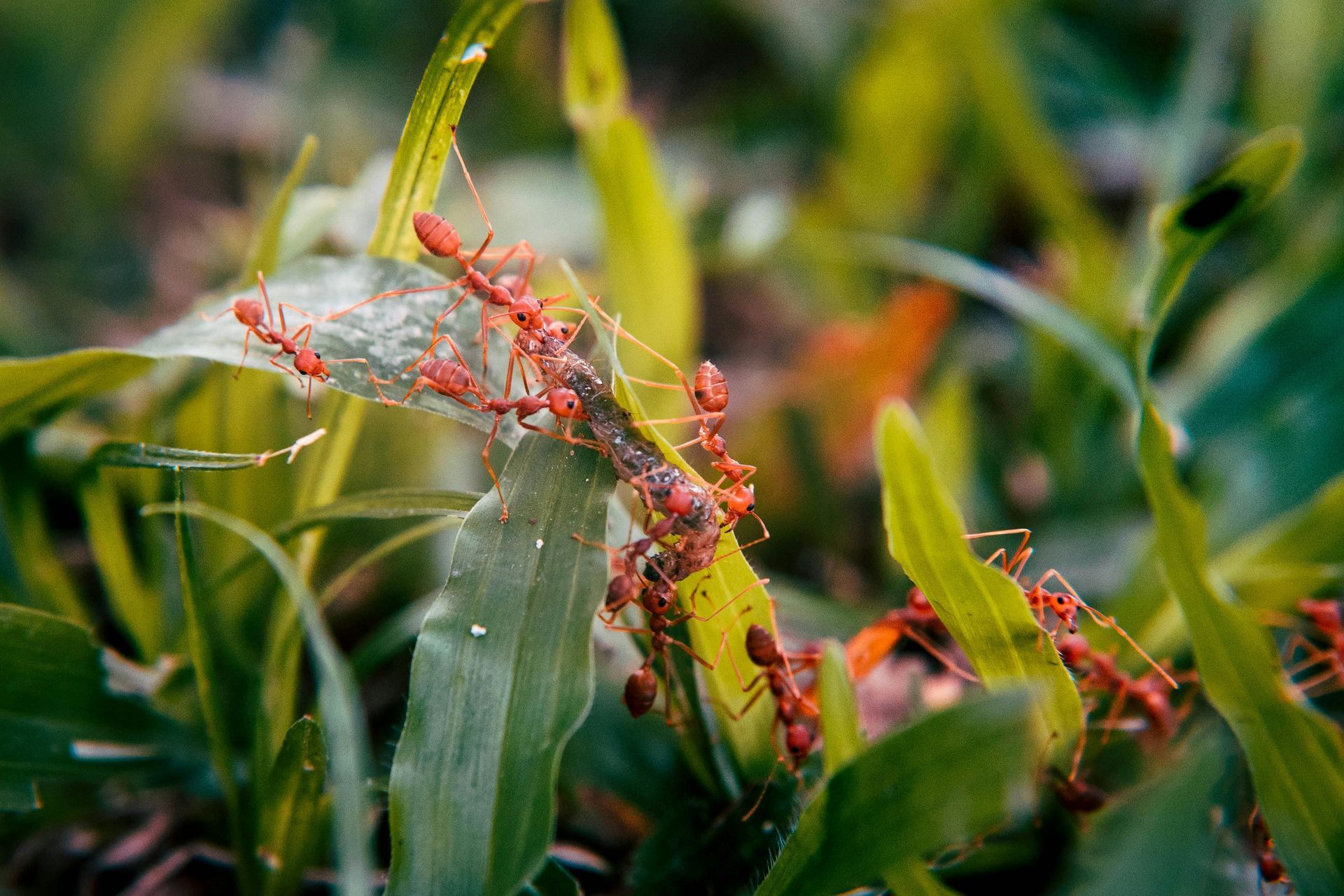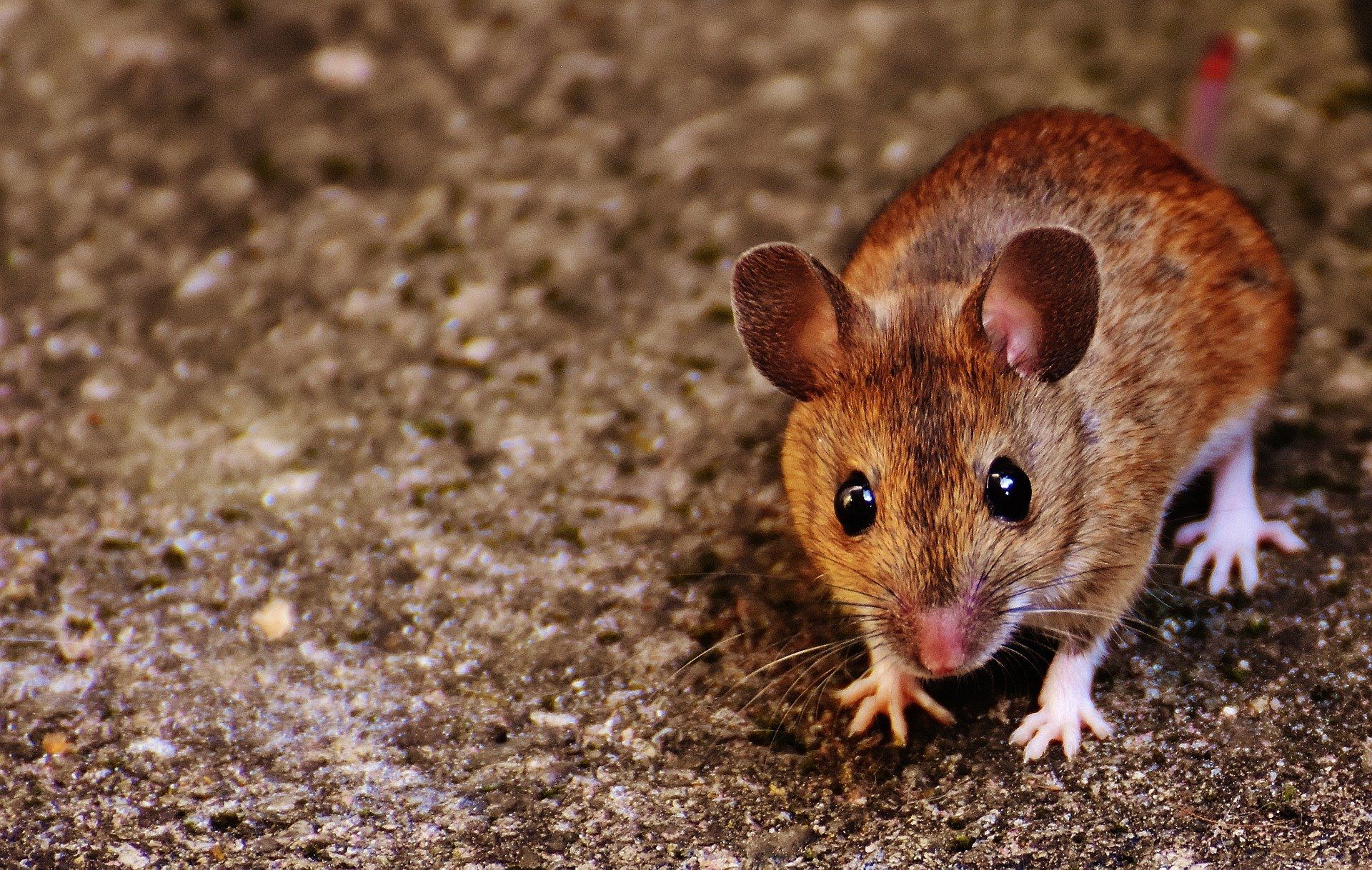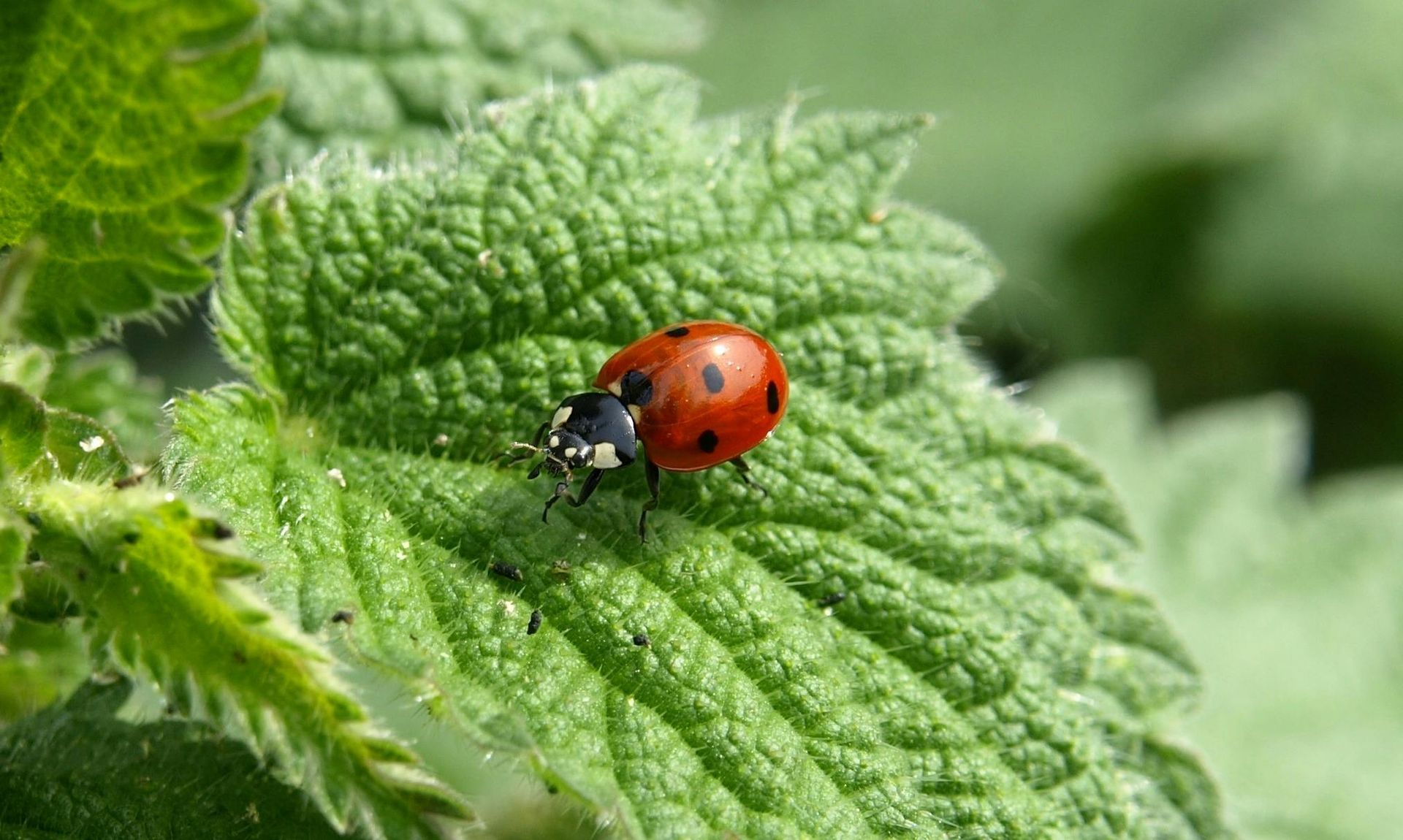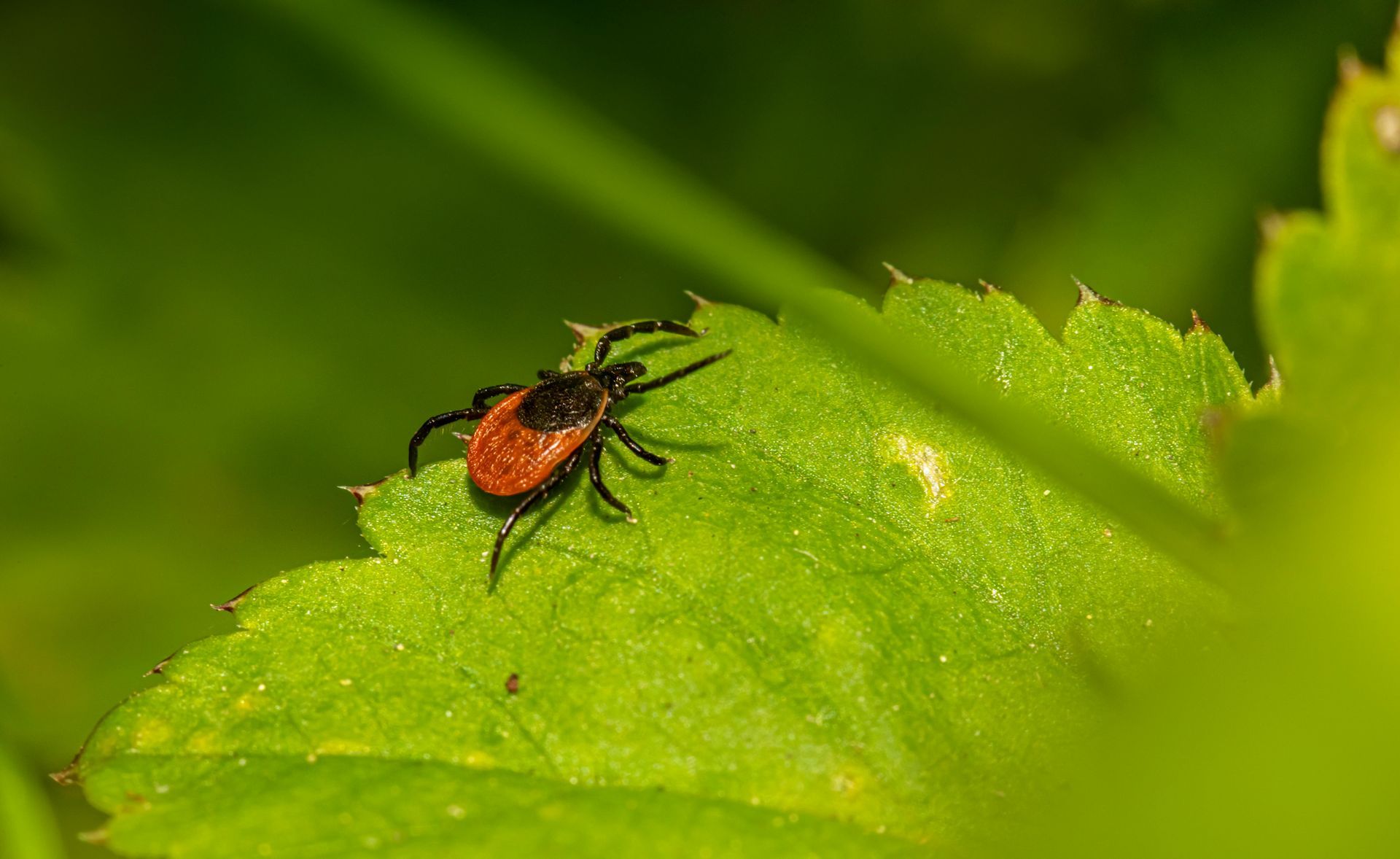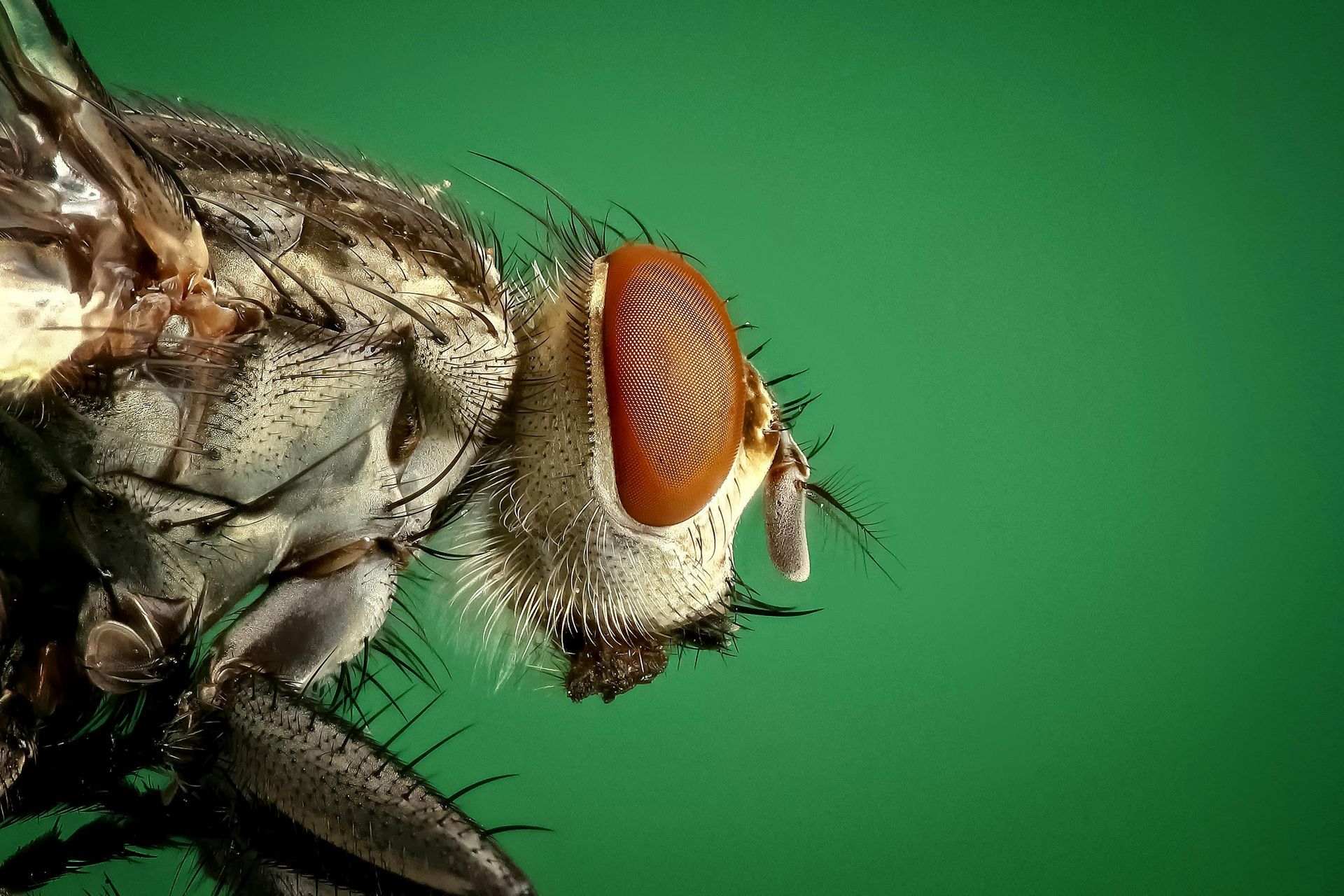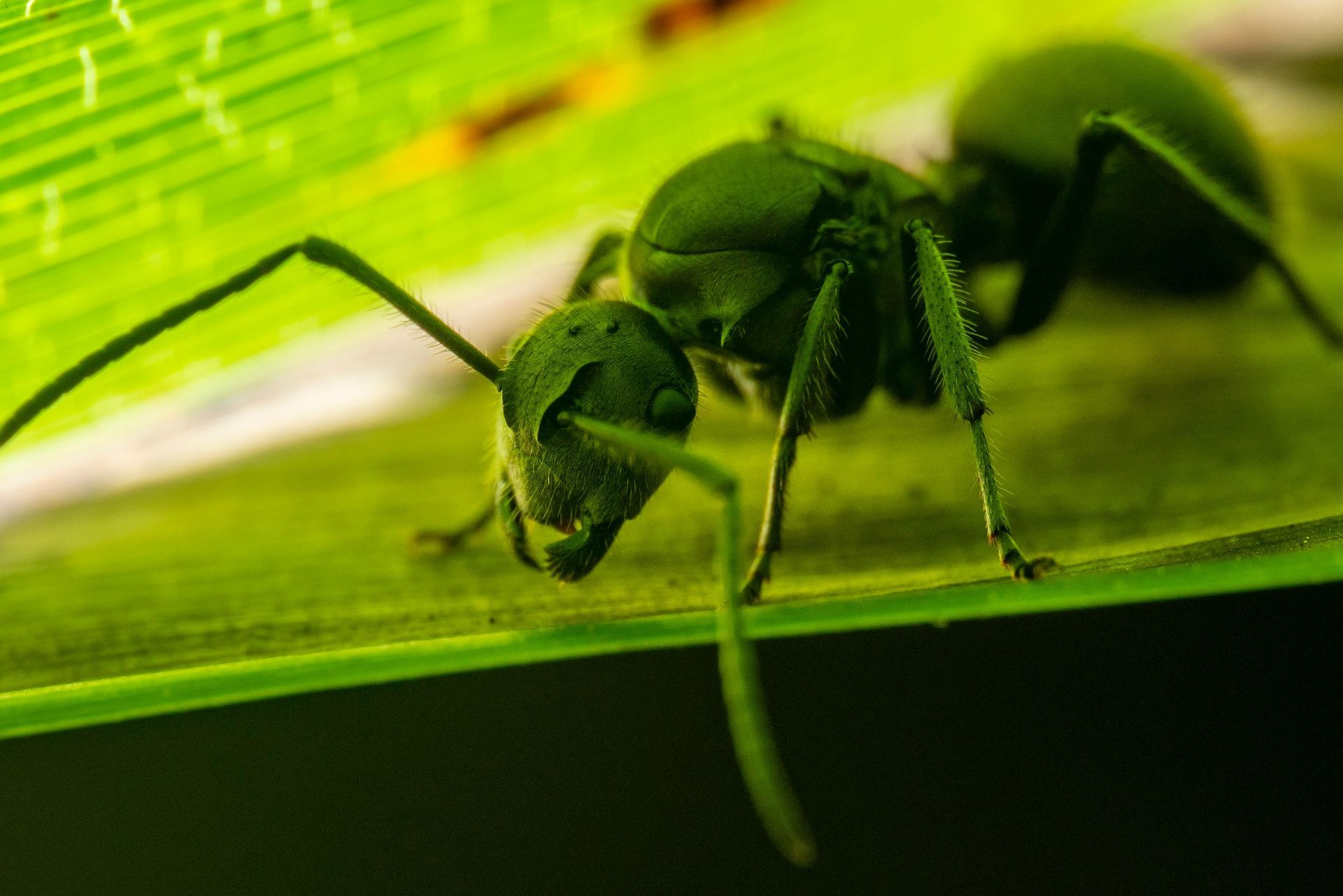Best Summer Gardening Tips
Critter-Repellent.com Staff • July 23, 2021
SUmmer Gardening Tasks that Optimize the enjoyment of your garden!

It’s July! Can you believe it? With summer bearing down on mother nature’s to-do list, it’s time for you to start thinking about all the things which you have to do, too. The frequent spring showers are giving way to hot, sunny days, perfect for getting outside and keeping your garden primed, proper, and producing. Check out these important summer gardening tips:
Keep your garden well-trimmed
– While it’s important to keep your garden growing consistently throughout the early planting months, but come summer time, some plants do need some help staying contained. Especially for annual flowers, deadheading can help encourage multiple blooms throughout the year. Each time that you take time in the garden simply pinch off old, wilting flowers in order to create more opportunities for future blooms. Similarly with perennials can be trimmed back by removing old seed pods and flower spikes in order to accentuate fresh blooms.
Do your part to keep weeds out
– While de-weeding a garden is a constant process, early summer is prime time to reapply mulch en masse in order to create a thick layer of protection against weeds. Given the nature of summer weather, weeds can spring up fast, so keep your mulch applied well and pull any weeds at their first sign of growth.
Stay on top of your seasonality
– For vegetable gardens it is especially important to keep out-of-season crops out of the garden. Early season crops like peas and lettuce should be removed as soon as they are spent in order to make room for mid and late season crops. After removing the early season crops and applying fresh fertilizer to the freshly-tilled soil creates a great bed for later year produce.
Don’t forget your planters
– Annuals and other container plants could use a hand throughout the harsher summer months. While most environments provide adequate rainfall for planters, keeping your soil fertilized on a biweekly basis can help your planters really pop.
Be aware of the weather
– If you notice an upcoming dry spell, extreme heat wave, or rainy spell, prepare your garden to best handle it! You’re likely aware of how particular your plants can be when their environment isn’t perfect. When it comes to dealing with heat waves or high-sun periods, simply installing a canopy over the garden bed can make or break the survival of your flora. The canopy can be as simple as an old bed sheet hanging over a few poles. Irrigating for rainy periods can feel trickier, but a well-applied layer of mulch typically does the job.
Protect your garden from pests
– What good does all your hard work do if animals have unfettered access to those beautiful flowers and fresh crops? Feeding times for animals throughout the summer grow due to the increased daylight hours and the crunch for animals to prep for autumn and winter as summer goes on. Critter-Repellent works naturally to keep unwanted animals out of your garden by using their keen sense of scent against them. Simply install the Critter-Repellent Packs around the areas where you wish to protect and watch them work their magic.
To learn more about what Critter-Repellent does and how it works, click here.
Critter Repellent All Natural Animal Repellent Blog
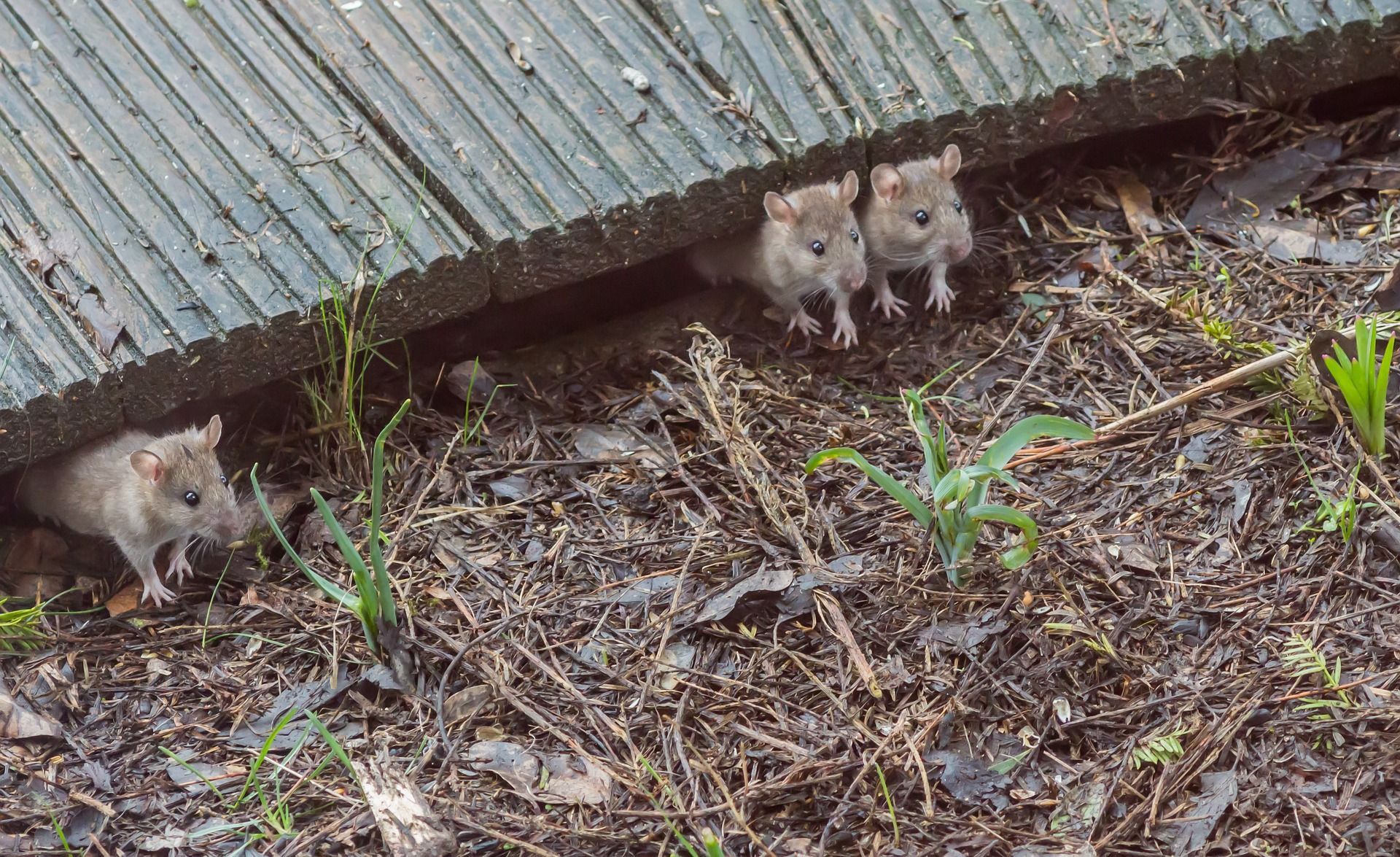
The last thing you want to see running around your house is a mouse. And where there is one, there are more. Whether it’s mice, ants, spiders, squirrels, or any other type of rodent, bird, or insect infestation, ignoring those critters can get very expensive in the long run. When it comes to remediating or protecting your home from infestations, the cost of doing nothing can lead to a big dent in your wallet. Keeping house pests at bay is important, especially if you’re planning to put the home on the sales market. How much does it cost to keep the house and property pest-free? That depends on where you live, what types of services needed, and how often the home is treated. But one thing is for sure, it’s easier (and more cost-effective) to prevent house damage than to fix everything after critters have chewed up wires, plumbing, foundation, and the yard. Potential Structural Damage Squirrels, moles, voles, rats, and mice are part of nature, but the damage that even one of these critters can do to a home can run into thousands of dollars. With sharp teeth that never stop growing, squirrels and rodents must “file down” their chompers so they don’t interfere with eating and drinking. Thus, a squirrel’s chewing habits can damage house support beams, siding, and anything else that holds the structure up. The costs to repair the building depend on the severity of the damage. Birds’ nests and clogged gutters are signs that unwanted critters are in the building’s drainage system. Replacing damaged gutters can cost several thousand dollars—to start. On average, it’ll cost between $1,600 and $5,200 (depending on size, materials, and labor costs). Wiring and Insulation Chewed-up electrical wiring is not only a hassle but it can be very dangerous. Mice, rats, squirrels, and other critters will gnaw through wires, not knowing that they can electrocute themselves but worse — start a house fire. Homeowners won’t necessarily see exposed wires around the house. Examining the house structure and wiring allows owners to know what to budget for. Pests and vermin living in the attic may tear up insulation to use for nesting materials. Depending on the size of the house, insulation costs can be anywhere from $1,600 to $8,000 on average. Termites When it comes to destructive insects, termites are at the top of the list. These icky little bugs chew through wood almost as quickly as a cartoon buzzsaw. And the worst thing? In general, homeowners’ insurance does NOT cover termite damage. Signs of termite infestation and damage include: Chewed up or hollow wood Blisters or buckling in the flooring Discarded termite wings Bubbling paint Strips of mud tubes along crevices Damaged support beams Tapping sounds in the walls The cost of repairing termite damage can range from a few hundred to a few thousand dollars—or more, depending on what part of the house is torn up and what needs to be done. Preventing termites in the yard and hiring a professional exterminator are two ways of keeping these hungry critters away from your home. Pest Entry Points Cracks and crevices are easy access points for mice, insects, wasps, and other pests. Unscreened vents and windows, loose shingles and siding, and chimney gaps are entry points for bugs and mice. Not having trees and shrubs around the perimeter of the house won’t prevent squirrels and mice from coming onto your property, but keeping greenery away from the structure would deter critters from having direct access to it. Perceived Value Whether your house is currently for sale or it’s a plan for the future, having pests and vermin roaming around the property can keep the buyers away. Among the financial considerations, house-hunting taps the emotions of the would-be buyer. No matter what the item is, perceived value is a customer’s view of whether it is worth the money. An infested home has lost its marketing value, especially if a mouse runs across the floor during the negotiating stage. The cost of doing nothing when you should be doing something can lead to a huge repair bill and maybe even a home improvement loan or second mortgage on your house. Ignoring the problems won’t make them go away. If wildlife and insects are damaging your home, do something about it sooner than later.

